Few countries are more worried about President-Elect Donald Trump than Ukraine, whose determined stand against Russian aggression would collapse without outside aid. That goes double with the indications that his secretary of state will be Sen. Marco Rubio (R-FL), who has been calling for a "negotiated settlement." Whatever lipstick is smeared on the pig, that means letting Russia keep some of the land it seized.
While Trump himself is famously—and disturbingly—in thrall to Russian President Vladimir Putin, he might not want to hand the dictator an obvious gift. But Ukrainian President Volodymyr Zelensky should certainly be concerned about Trump's vow to end the war in a day, and his impatience with "forever-wars" that are costly to the U.S.
And President Joe Biden's Ukraine war policy seems almost engineered to yield just such a "forever war": he has prevented Ukraine from losing, but avoided provoking Russia too badly by providing what it needs to win.
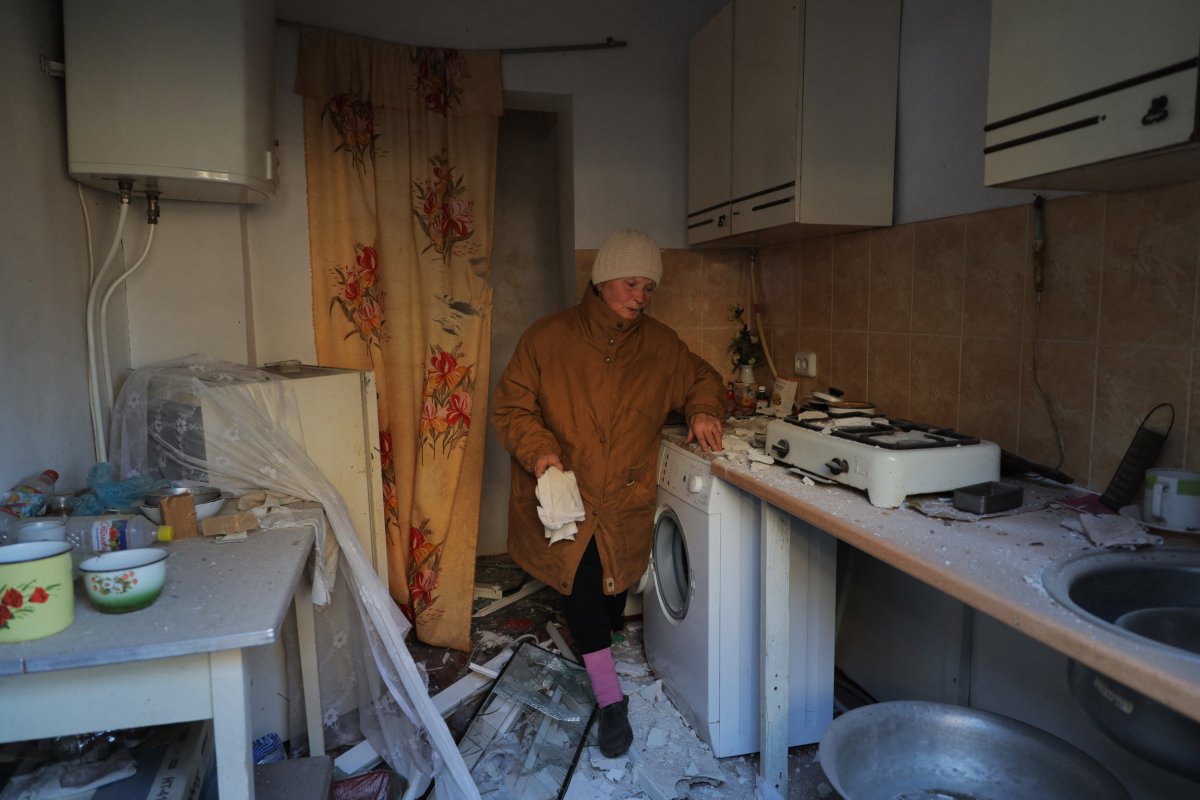
So, despite substantial military aid, the U.S. has restricted the supply of longer-range missiles like ATACMS and advanced drones. F-16 fighter jets, while now being delivered by European allies, arrived only recently. The U.S. also limited intelligence-sharing protocols available to NATO members, and delayed delivery of other key assets.
Will Trump provide more? His close relationship with Putin would seem to make that unlikely. Indeed, a true rupture with Putin over Ukraine would be an earthquake in the Trump universe. For him to even threaten it, in search of some artful deal, is unlikely.
Yet something must be done, and Trump, who is not a dialectical man, will be confronted with competing ideas about the situation.
One says that Putin mustn't be appeased lest his appetite, as an expansionist thug, will only grow to threaten, say, Moldova. Another, that international law considers it inadmissible to acquire territory by force. And what of self-determination? Many of the people in eastern Ukraine may have considered themselves Russian culturally or linguistically—but the occupied areas are now such an authoritarian nightmare that it is very unlikely they want to be left in Russia.
But another idea says that Ukraine's borders were merely inherited from the internal delineations of the Soviet Union, which sometimes seemed random and were certainly ill-advised. And that when a crisis has lasted this long and is leading nowhere, you gotta know when to fold 'em.
I'm guessing the second-term Trump will continue to be bored with long intelligence briefings, or even medium-length op-eds, and he'll demand to know the bottom line.
Some advisors will tell him that Russia will run out of troops and munitions (note the recent importing of 50,000 North Korean troops); but more will tell him that Putin will not back down and is prepared to pay any price in lives, and that he has found enough alternative markets for Russia's oil that economic sanctions are survivable.
Much has been said of Trump's temperament; what is clear is that he is temperamentally unfit to be aiding and abetting a war that cannot be won.
As for Rubio, here's what he told "Meet The Press" a few weeks ago: "Unfortunately the reality of it is that the way the war in Ukraine is going to end is with a negotiated settlement." Asked whether Russia would get to keep stolen land, he waffled thusly: "I would be comfortable with a deal that ends these hostilities and... is favorable to Ukraine meaning that they have their own sovereignty, that they don't become a satellite state or a puppet state... The most important thing is that these hostilities end."
Assuming, then, that Trump wants to make good on his promise to end the war, he would work with Rubio to encourage a deal on the ground. Different scenarios have been floating around, but given his famous inattention to detail, I assess that he'd go for the simplest: a freezing of the current frontlines, which amounts to a considerable slice of eastern Ukraine all the way to Crimea. Vice President-elect JD Vance has already hinted at this.
Complicating the equation is that Russia, in sham referendums last year, annexed more land than it currently controls. De-annexing them does not seem to be Putin's mode.
To prevent a meltdown in coming months, Trump would be wise to start dispatching envoys already—however sketchy that might be in terms of administration transition norms (which he cares little about). But it's clear that we could see pressure on Zelensky to agree to a partition, with some security arrangement to prevent a reigniting of the war.
The Europeans, America's erstwhile partner in all this, would mostly be horrified. It would upend not only the regional security dynamic on Ukraine but also the foundation of the continent's post-World War II order, which has relied on a stable transatlantic alliance. Europe will need to decide whether to yield to American pressure to cut and run—even as a ravenous Russia threatens them directly. Putin may offer non-aggression assurances, but history suggests that he need not be believed; hopes that concessions to despots will buy stability often prove naive.
The alternative for Europe would be a more assertive role increasing support for Ukraine if the U.S. pulls back. This approach might also come with a fast-track for Ukraine's integration into the EU. Such moves would carry significant challenges, including the political and economic costs of defying a major U.S. policy shift, and the overcoming of Europe's tendency for process, consensus, and bureaucracy.
This attaches to a discussion that's been for too long been put off. Is the European Union a federation, a loose alliance based on shared values, or just a pragmatic economic arrangement? The publics in many of its member nations may prefer the latter—but down that path lies a future in which Europe is not even a mid-sized power in a multi-polar world, but a bunch of aging small and mid-sized countries. They don't want that either.
Lastly, if Europe does choose to assert itself on Ukraine, it would mark not only a declaration of independence and grander ambition—but a shift away from the seductive notion that Russia is somehow a natural part of the European order.
Though Russia and Europe share cultural and intellectual ties, the Ukraine war has underscored a more fundamental divide. That's because Putin's ruinous war of aggression is popular among the majority of ordinary people in Russia.
Sure, they are manipulated by an unfree media and cannot speak their minds, but the sentiment seems genuine. For all the five-year plans and industrialization drives of the Soviets, most of the population remains rural and provincial, a world apart from the elites Westerners find in Moscow and St. Petersburg. Putin is a creature of Russia and not the other way around, and that Russia isn't part of Europe—not the modern version.
So, the Ukraine piece is part of a bigger puzzle. Trump, especially if he puts the squeeze on Ukraine, could serve as a catalyst for Europe to redefine itself as an independent global power, and one that will be at loggerheads with Russia. This could lead to a more assertive and more energy-independent EU potentially moving closer to a federal model—with security and foreign policy that is collective and coherent.
Consider the irony: Trump, who just might have never read a history book, could easily become one of the most historically impactful of presidents—and that's before we have discussed the Middle East (more on that next week!). The moment is pivotal not just for Ukraine, but also for a European continent widely scandalized by his return.
Dan Perry is the former Cairo-based Middle East editor and London-based Europe/Africa editor of the Associated Press, the former Chairman of the Foreign Press Association in Jerusalem and the author of two books. Follow him at danperry.substack.com.
The views expressed in this article are the writer's own.
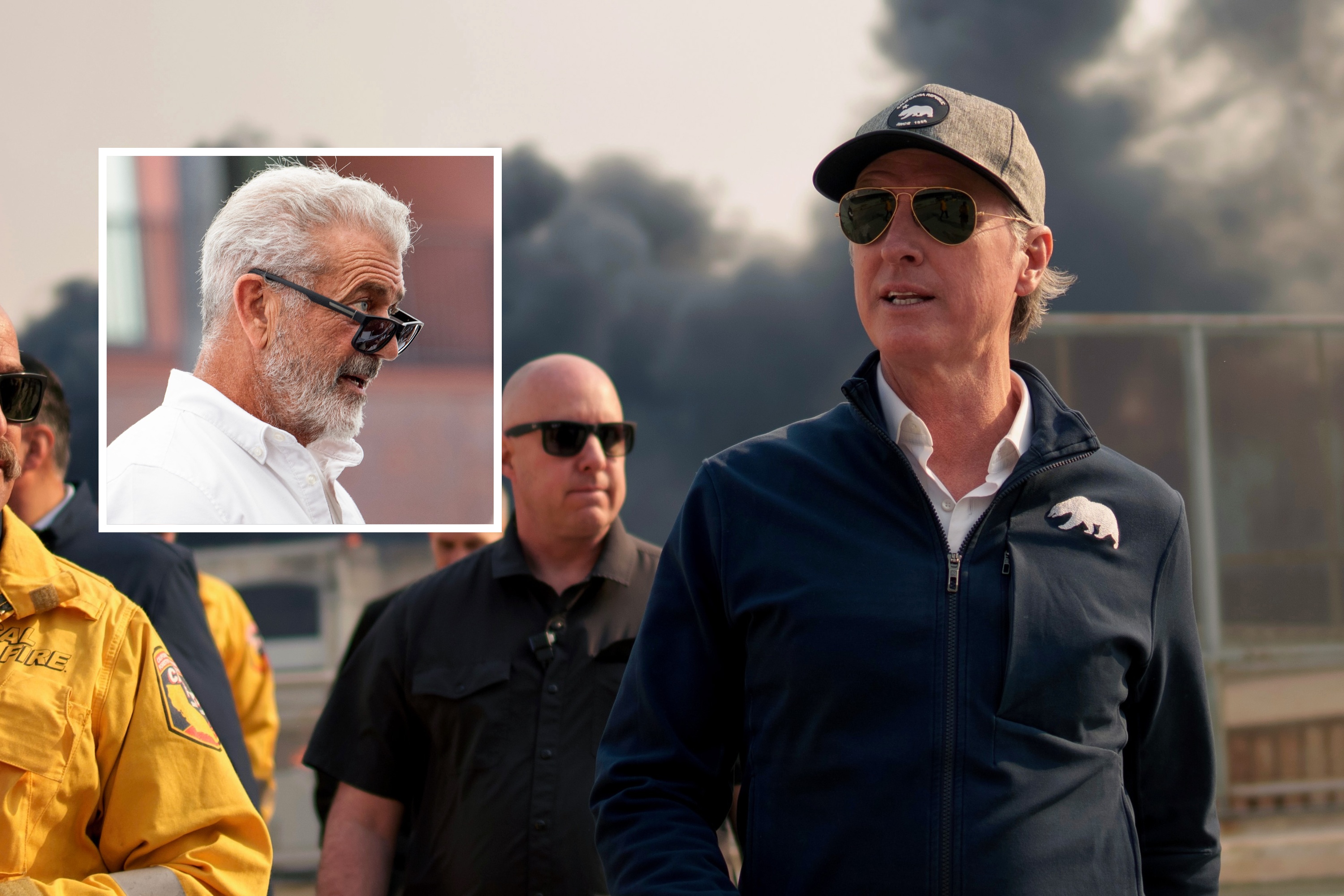




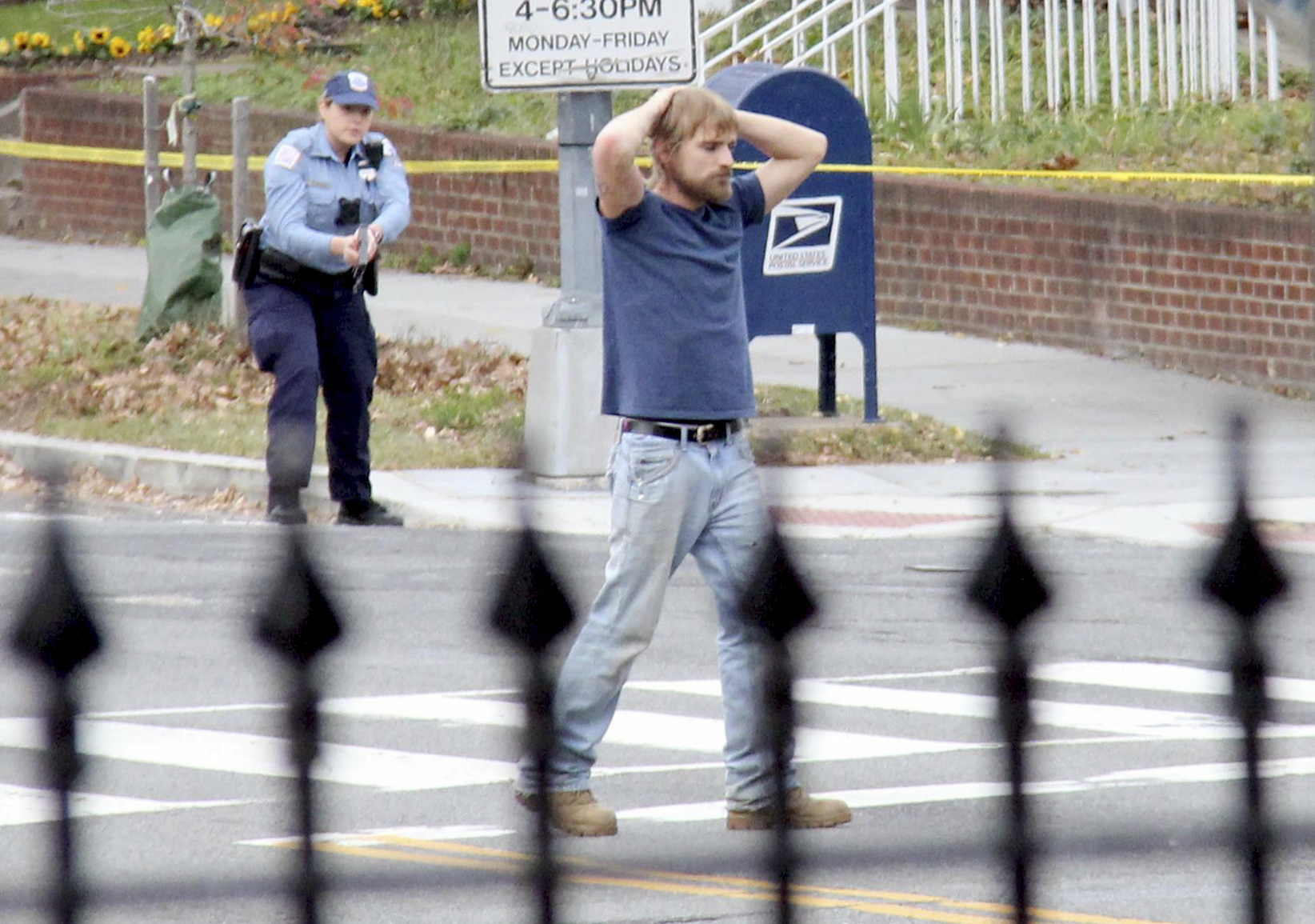


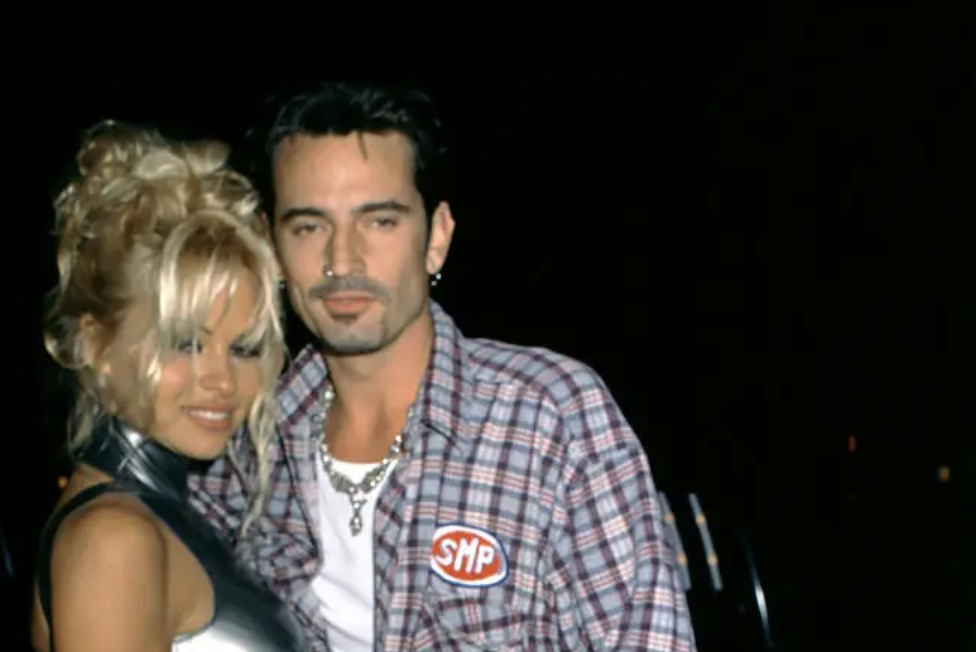
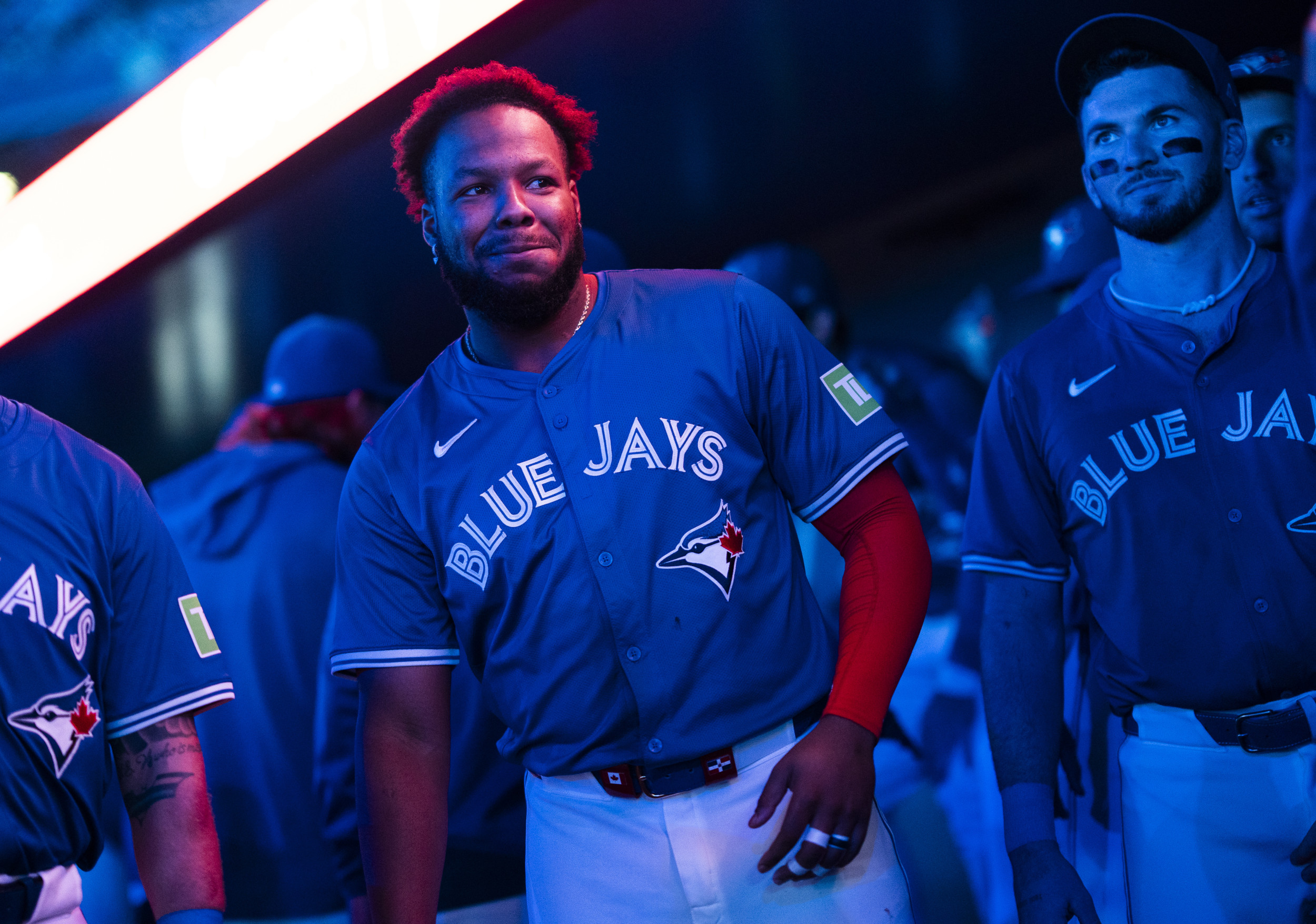
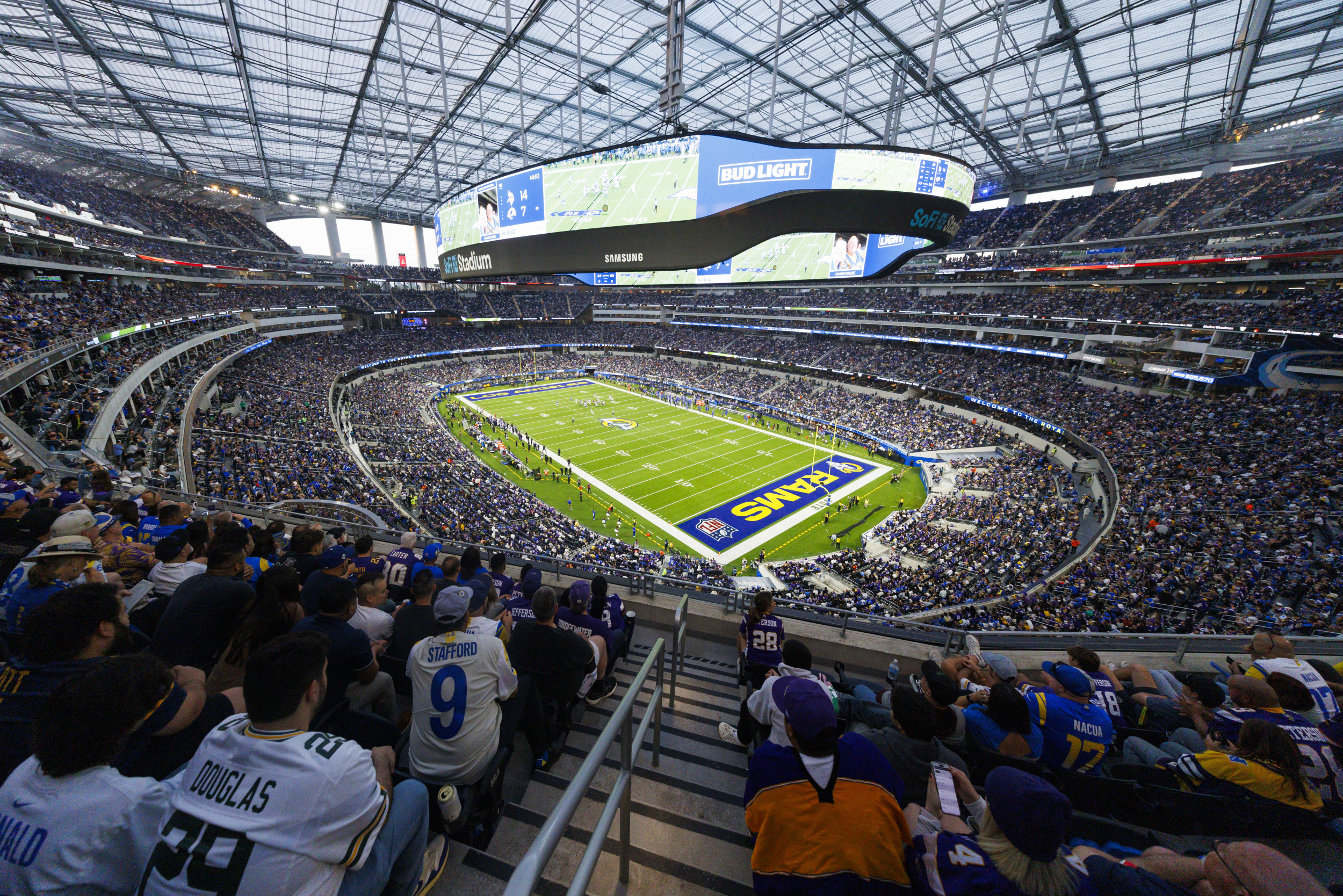









 English (US) ·
English (US) ·